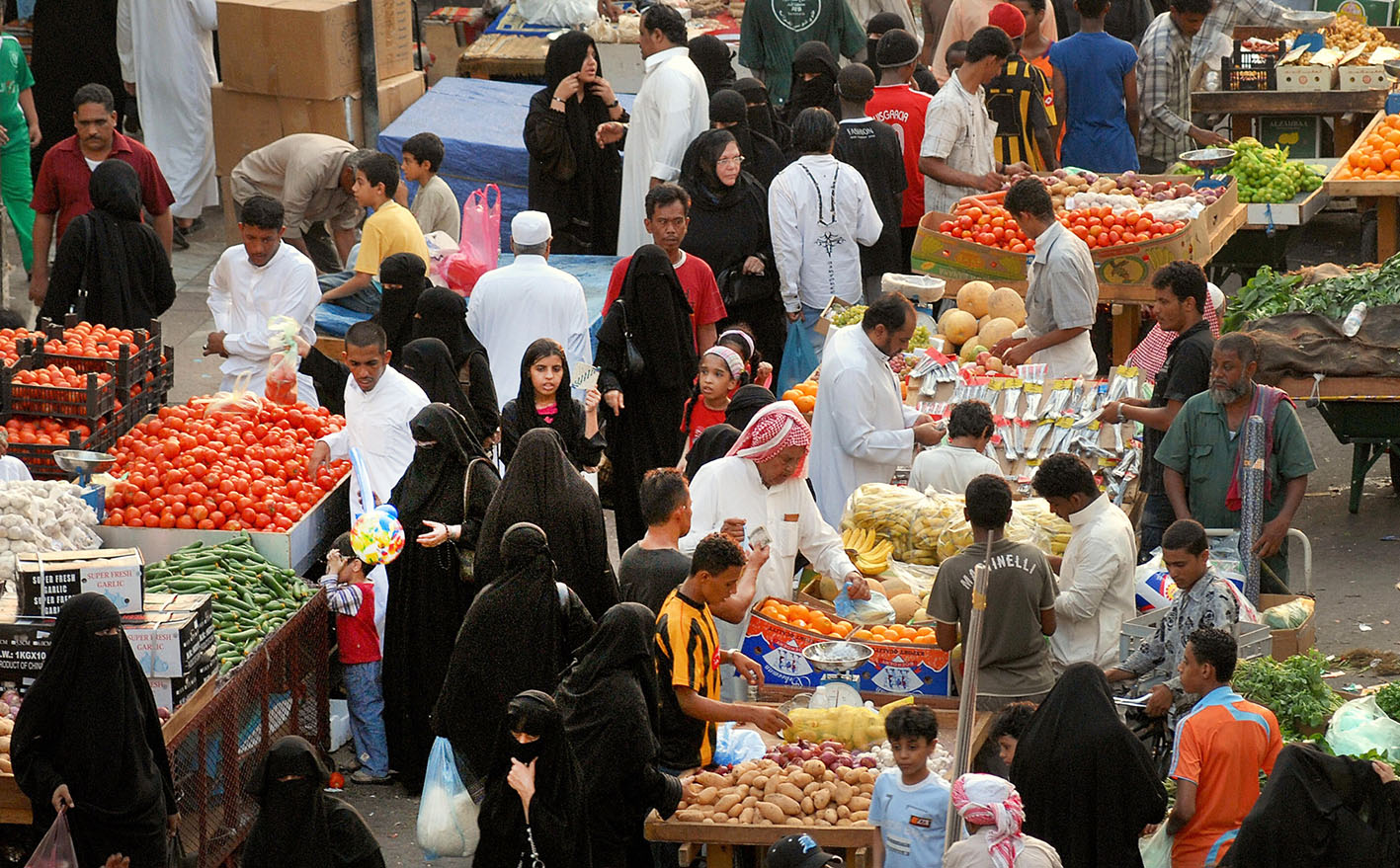Rising oil prices are easing fears of a financial crisis in the Persian Gulf Arab countries, but they look unlikely to trigger another economic boom in the region, a quarterly Reuters poll of private economists shows.
The Brent oil price has surged to three-year highs around $70 a barrel, from around $55 three months ago. That means a boost to oil export receipts for governments of the six-nation (Persian) Gulf Cooperation Council (United Arab Emirates, Bahrain, Saudi Arabia, Oman, Qatar and Kuwait).
Every $1 rise in the average price of oil this year would tend to improve Saudi Arabia’s budget position by roughly $2.1 billion, London’s Capital Economics estimated. Last month, Riyadh projected a 2018 deficit of $52 billion; analysts said the budget appeared to assume an oil price of roughly $55.
At current oil prices, three countries—UAE, Kuwait and Qatar—are probably heading for budget surpluses this year, analysts say.
Financial markets are reassured. The cost of insuring Saudi debt against default is near 30-month lows, while Oman sold a $6.5 billion bond this month—its largest ever—even though Standard & Poor’s rates its debt as junk.
The Reuters poll of 20 economists shows they don’t think the (P)GCC’s outlook has been transformed, however. Their median forecast for gross domestic product growth for four countries in 2018—Saudi Arabia, UAE, Oman and Bahrain—has been raised from the last poll, but only slightly. Saudi Arabia is now expected to grow 1.5% instead of the 1.3% predicted in October. Forecasts for Kuwait and Qatar are lower.
Budget Gaps Shrinking
Meanwhile, some countries’ budget gaps are still expected to shrink this year. The latest poll predicts a Saudi deficit of 7.2% of GDP, down from 8.9% in 2017 but only a small improvement from the previous poll’s forecast for 2018 of 7.5%. That would leave the deficit unsustainably high in the long run.
Jason Tuvey, Middle East economist at Capital Economics, said the oil price rise had not fundamentally changed difficult choices faced by governments in the region. “Saudi Arabia and other countries still face a balancing act between spending to stimulate growth and consolidating their fiscal positions—the higher oil price has not changed this equation.”
Handouts
One reason for economists’ caution is that they are not assuming oil will stay at $70 this year. In their forecasts, many assume it will fall back below $60 because of seasonal factors and as disruptions to supply fade. Capital Economics is basing its predictions on an average price of $58 in 2018. Another reason is that it is not clear how governments would spend windfall gains from $70 oil.
Monica Malik, chief economist at Abu Dhabi Commercial Bank, said countries might spend more freely on development and infrastructure projects than envisaged in their 2018 budgets just a few weeks ago. This spending could take months to be implemented and stimulate economic growth.
But oil at $70 may also weaken political momentum behind austerity policies in Saudi Arabia, Kuwait, Bahrain and Oman, Malik noted. Governments could seek to please citizens with bonuses and handouts—potentially boosting consumer spending but also leaving budget deficits high.
“We have already seen Saudi look to dampen the impact of fiscal reforms to some degree. If oil stays this high, there could be a greater increase in government spending to revive GDP growth,” Malik said.
Riyadh has announced a $13 billion package of additional handouts, just weeks after the release of its 2018 budget. But it may receive tens of billions of dollars this year from two off-budget revenue sources: its planned sale of a stake in oil giant Saudi Aramco, and settlements it is reaching with detained business tycoons in a massive crackdown on corruption.
Saudi Arabia’s state coffers are set to receive a $124 billion boost with dozens of high-profile figures caught up in a corruption purge paying a high price for freedom. However, those who don’t reach a settlement deal will face prosecutors, Bloomberg reported.
About 95 ministers, businessman and members of the royal family remain detained at the glizty Ritz-Carlton, which has served a makeshift prison following the anti-corruption purge took last November.


